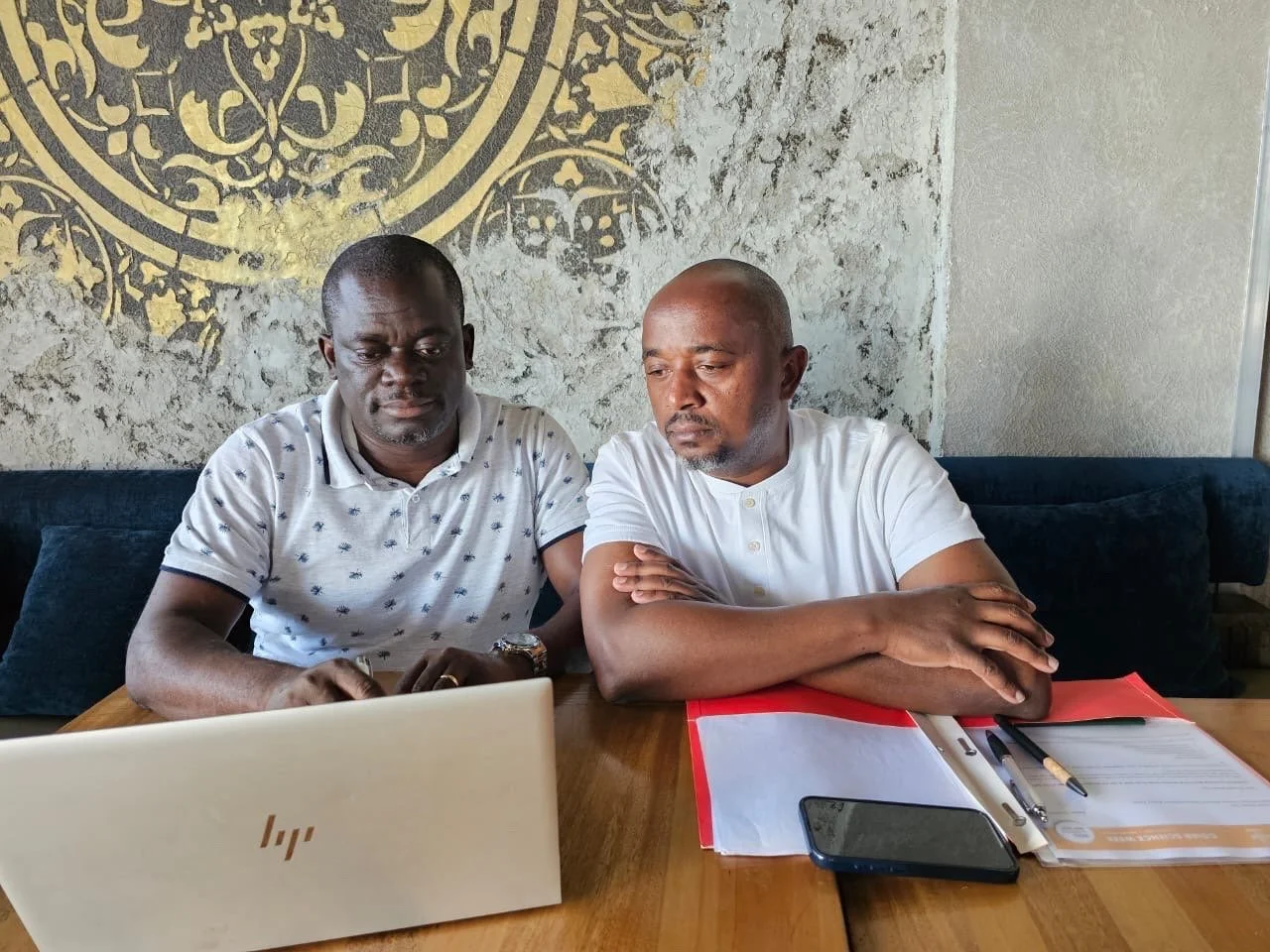2Blades Expands African Partnerships into Maize Disease Resistance
2Blades has formalized a new agreement with the International Livestock Research Institute (ILRI) and its Demand-Led Breeding (DLB) project based in Nairobi, Kenya. The agreement is part of 2Blades’ broader effort to strengthen partnerships and innovation networks in the region. This three-year collaboration is a key component of 2Blades’ strategy to advance resistance to toxigenic fungi in maize by deploying novel genetic solutions through its Corn Mycotoxin Mitigation Initiative (CMMI).
Corn (maize) is the world’s most-produced grain and a key crop for US producers and processors. In Sub Saharan Africa (SSA), it serves as a dietary staple for millions of smallholder farmers and consumers, playing a critical role in food security, poverty reduction, health, economic growth, and regional stability. Yet corn and other crops face major yield losses from fungal diseases, and some, including Fusarium and Aspergillus species, also produce mycotoxins—dangerous natural compounds that contaminate food and feed imposing serious cost and health consequences for producers, processors, and consumers.
Nasser Yao and Josiah Mutuku review the partnership agreement between 2Blades and ILRI’s Demand-Led Breeding Project
The economic burden of mycotoxin mitigation is staggering, with estimated costs ranging from $2 to $3 billion per year in the United States alone. In developing countries, including most of Sub-Saharan Africa, mycotoxins affect the public health of an estimated 4.5 billion people, contributing to liver cancer, stunting and even death.
As part of 2Blades’ Foundation for Food and Agricultural Research (FFAR) Seeding Solutions project, with additional funding provided by Mars, Inc., this partnership will focus on characterizing local pathogen strains, evaluating adapted maize germplasm, and conducting laboratory, greenhouse, and field trials to ensure scalability and real-world impact. In addition, a survey of smallholder farmers will be conducted annually to assess the impact of toxigenic fungi on maize production and identify key challenges in the field.
“As global agriculture undergoes dramatic changes, 2Blades remains focused on advancing scientific solutions through strong public-private partnerships. Our work in Africa creates pathways for collaboration to drive meaningful progress,” stated Dr. Josiah Mutuku, 2Blades’ Group Leader over CMMI.
The Demand-Led Breeding (DLB) Project connects 400 plant breeders—including 120 women—within African national agricultural research systems, ensuring that resistance solutions developed through the FFAR-funded program are applicable and accessible to smallholder farmers in Africa and beyond.
“This collaboration represents an initial and critical step toward empowering smallholder farmers to participate more fully in local and regional markets. By increasing access to and adoption of high-performing, resilient maize varieties, we’re responding to a clear market need—improving uptake and enhancing the potential for lasting, long-term impact. Our shared vision under the BecA-ILRI Hub is to extend the technology to more farmer-preferred crops and varieties across Africa.”
By incorporating African research expertise and priorities into its broader mycotoxin resistance program, 2Blades aims to eliminate pre-harvest crop losses by advancing and de-risking plant science innovations for farmers globally. This collaboration marks a critical step toward achieving lasting agricultural resilience in Africa.
To learn more about 2Blades’ work and mission, please visit www.2blades.org.


